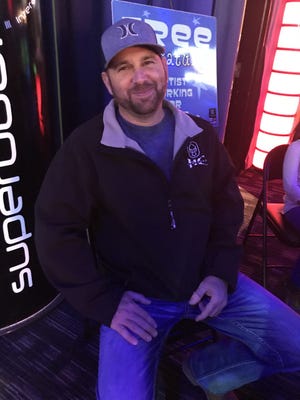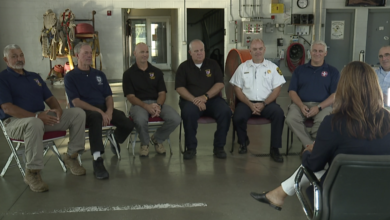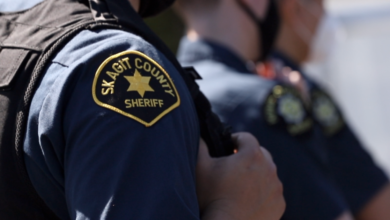WASHINGTON – Former White House counsel Don McGahn will testify behind closed doors before the House Judiciary Committee on Friday, under an agreement that avoided a constitutional showdown over the investigation of former President Donald Trump.
Under the agreement, McGahn will sit for a transcribed interview. The transcript will be released within seven days, after a confidential review.
The testimony could shed light on McGahn’s statements to special counsel Robert Mueller about Trump potentially trying to obstruct Mueller’s probe into Russian interference in the 2016 election.
McGahn told Mueller’s investigators that Trump called him at home June 17, 2017, and told him Mueller should be removed. McGahn didn’t carry out the direction, but Trump later met with McGahn in the Oval Office and pressured him again.
McGahn later told Trump's chief of staff that the president had asked him to "do crazy s---," according to Mueller’s report.
The court agreement calls for McGahn to testify about public portions of the Mueller report that involve him, and whether the report accurately portrays McGahn's statements.
McGahn will be free to decline to answer questions and counsel from the Justice Department may instruct him not to answer questions.

McGahn's testimony was part of wide-ranging investigations by a half-dozen House committees into Trump. Although the House impeached Trump twice – for his dealings with Ukraine and for inciting the Jan. 6 Capitol riot – the Senate acquitted him both times.
The Judiciary Committee sought McGahn’s testimony in May 2019. But McGahn defied the subpoena and the White House took the position that the adviser to the president couldn’t be compelled to testify.
The committee sued to enforce its subpoena, but an agreement was reached for McGahn’s testimony as another round of oral arguments was scheduled in the D.C. Circuit Court of Appeals.
The agreement resolved a clash between the branches of government because the law is unclear about what testimony Congress can demand of the executive branch. Trump claimed executive privilege and absolute immunity from having aides testify, but previous cases to set limits on what documents or testimony Congress can demand have been resolved before courts reached ultimate decisions.
Trump argued that he cooperated with the investigation that he called a “witch hunt” by letting McGahn meet with investigators for 30 hours during the two-year inquiry.
Mueller made no decision on whether to charge Trump with obstruction because the Justice Department has a policy against charging a sitting president. Trump blasted the report as a partisan hoax.
Source link







